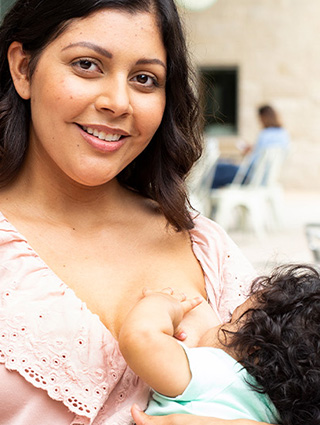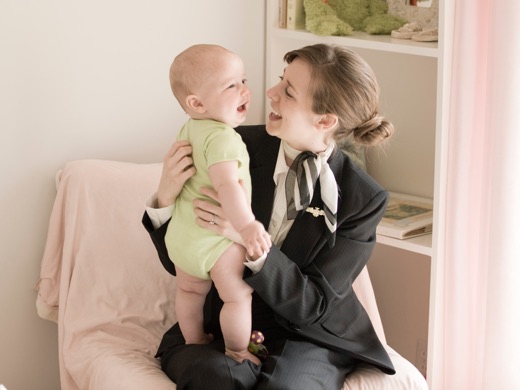Breastfeeding Support 24/7: 855-550-6667
Laws, Regulations and Guidelines
Moms can legally breastfeed in public in every state, including Texas. Federal and state laws ensure employers support a woman’s right to pump her breastmilk at work. Moms also have rights when it comes to child care settings, breastfeeding supplies and support, and airline travel.
Moms Can Breastfeed In Public
Texas Law Gives You the Right to Breastfeed in Public
Texas law states that a mom can breastfeed her baby anywhere she is allowed to be. Consider carrying a wallet-sized card of the law with you in case you are ever asked to stop breastfeeding or move to a different location.
Download the card (PDF, 242kb)
Health Plans Should Cover Breastfeeding Supplies
Request Supplies From Your Health Care Plan
Regardless of whether you are working, federal law requires most health plans to cover breastfeeding support and supplies such as breast pumps and counseling at no cost to the mother.
Employers Are Required By Law To Support Breastfeeding and Pregnant Women
Employers Must Give Break Time and Private Space
In Texas, both federal and state laws ensure nursing moms are given the right to pump their breastmilk at most workplaces.
The PUMP for Nursing Mothers Act (2022) requires that most employers nationwide support a woman’s right to pump breastmilk in the workplace for up to one year following the birth of the employee’s child. Employers must provide:
- reasonable break time, and
- a private space, that is not a bathroom.
Texas government code Chapter 619 supports the PUMP for Nursing Mothers Act and requires these accommodations from all public employers in Texas. This includes state, county, or city governmental institutions, public universities and school districts. Public employers in Texas may not suspend, fire or discriminate against an employee for using these rights.
The Texas legislature created the Texas Mother-Friendly Worksite designation to recognize public and private businesses that support breastfeeding.
Employers cannot discriminate based on pregnancy, childbirth and related medical conditions, including breastfeeding and lactation.
Learn more about how these federal civil rights are related to working and breastfeeding by visiting the U.S. Equal Employment Opportunity Commission’s enforcement guidance website.
Child Care Center Regulations and Student’s Rights
Child Care Centers Must Give Moms a Space to Breastfeed
Texas regulations require childcare centers to have a comfortable place for breastfeeding. Centers must let all parents know they have the right to breastfeed or provide breastmilk for their child while in care. Learn more about Child Care Standards and Regulations.
The quality rating and improvement system, Texas Rising Star, ensures centers have up-to-date breastfeeding policies.
Educational Programs Cannot Discriminate
If you’re a student, learn more about legal protections in educational programs and activities and the U.S. Department of Education guidance for supporting the academic success of pregnant and parenting students, including breastfeeding support.
You Can Fly With Pumped Breastmilk
Transportation Security Administration (TSA) Regulations
According to the TSA website, breastmilk, formula and baby or toddler food in quantities greater than 3.4 ounces are allowed in carry-on luggage and do not need to fit within a quart-sized bag. These items are considered medically necessary liquids. This also applies to breastmilk and formula cooling accessories, such as ice packs, freezer packs and gel packs — regardless of the presence of breastmilk. Your child does not need to be present or traveling with you to bring breastmilk, formula or related supplies.
Be sure to tell the TSA officer that you have these items at the beginning of the screening, as they will be screened separately from your other belongings.
If you are traveling with a breast pump you can either check it or bring it with you as a carry-on. It will be screened in the same way that other carry-on items or checked baggage are screened.
During the screening process, if you are told to do something that you believe is incorrect, ask for a supervisor or manager.
Visit the TSA website for more information about traveling with breastmilk. The website has online customer service available. You can also call TSA Cares at 1-855-787-2227.




